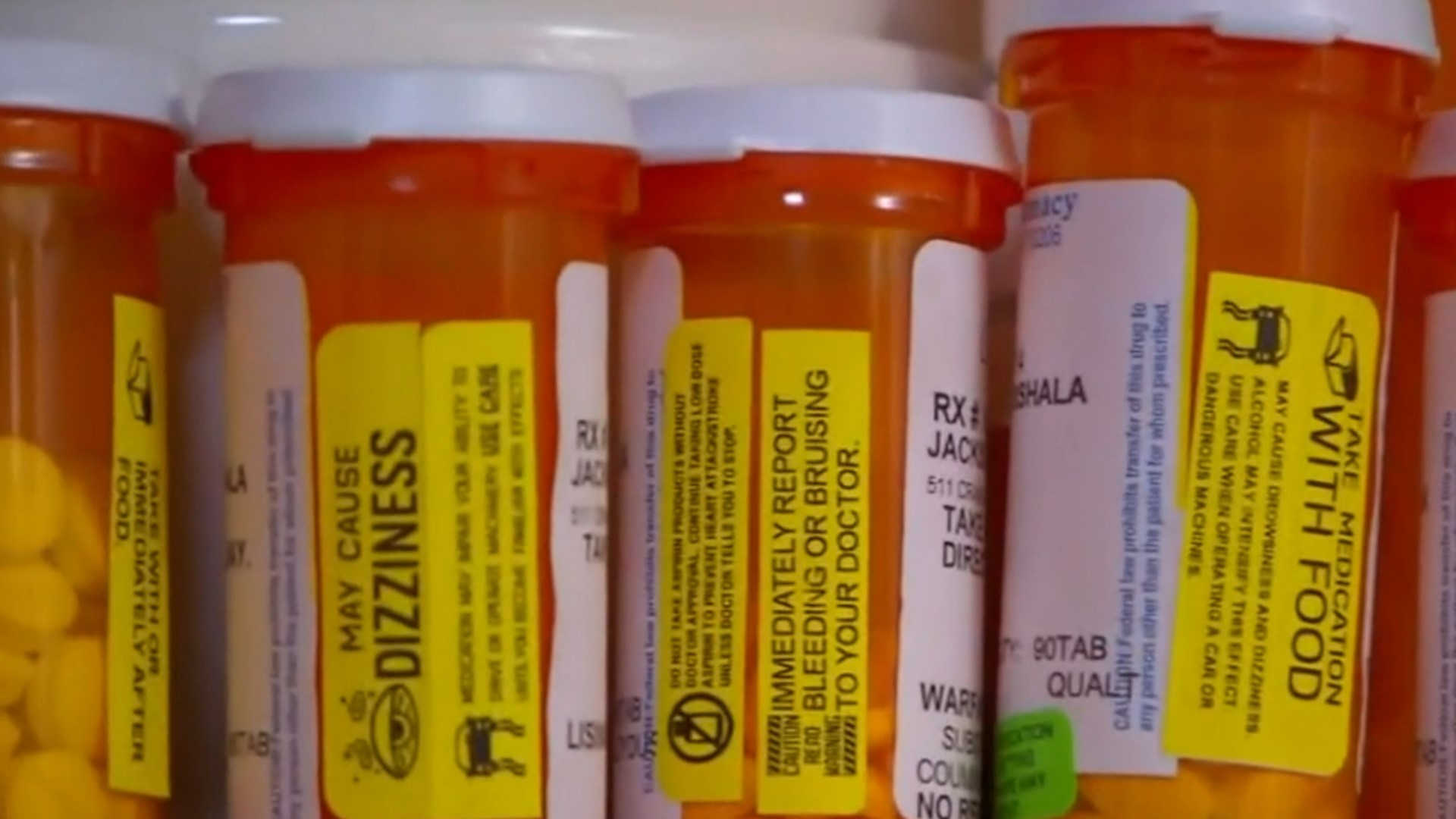AUGUSTA, Maine — For years, the opioid epidemic has ravaged communities and families in Maine. In 2022, the state is on track to break records for overdose deaths. Now, though, there may be new hope on the horizon.
On Tuesday, the 15-member Maine Recovery Council met for the first time in Augusta. They will serve four-year terms and will spend that time deciding where half of the nearly $131 million in opioid settlement funds the state is receiving should go.
“This has been a process that has been years and years and years in the making – holding accountable those purveyors of this crisis in the first place [and] getting the resources coming in,” Maine Attorney General Aaron Frey said.
That money will come into Maine over the next 18 years. The attorney general’s office and litigating cities and towns will have control over the other half of the money. Frey said the goal is to get the funds to the people who have been harmed the most.
“What's going to be important is that [council members] keep in mind that every single program that they fund, every single grant that they empower means that it's going to be delivered to individuals today, tomorrow to make sure they can recover,” Frey said.
The council members come from all parts of the state and have different backgrounds – from health care to law enforcement to the recovery community. Some are even in long-term recovery themselves.
"Having that wide range of perspective and focus from across the state is really vital to making sure that those services are going to be available where Mainers need them,” Frey said.
Courtney Gary-Allen is one of the three council members who Frey appointed. She’s the organizing director for the Maine Recovery Advocacy Project and is in long-term recovery herself. She said while this money is a step in the right direction, it will never be enough to undo wrongs by big pharma.
“This is money that was made off the backs of thousands and thousands of our friends and families who have either died from accidental overdoses or their lives have been havocked due to it,” Gary-Allen said.
Gary-Allen said she hopes Gov. Janet Mills’ administration and the Maine Legislature continue to do work that complements the council’s efforts, in order for the state to really be successful.
“I think that it's a tiny amount of money in comparison to the pain that I and so many members of Maine and across the country have endured,” Gary-Allen said about the $131 million amount.
On Tuesday, council members learned more about what their responsibilities will look like – in terms of determining needs, facilitating collaboration between a number of entities, and distributing funds statewide. They also took an oath and discussed some key concerns, like addressing a need for more detox beds, helping kids affected by this crisis, prioritizing diversity, and getting more money to recovery organizations – especially those in rural areas.
Gary-Allen said she feels optimistic about where the state of Maine is headed.
“I believe we're on the cusp of a revolution,” Gary-Allen said.
The council’s next meeting is scheduled for Dec. 20 at 2 p.m.

